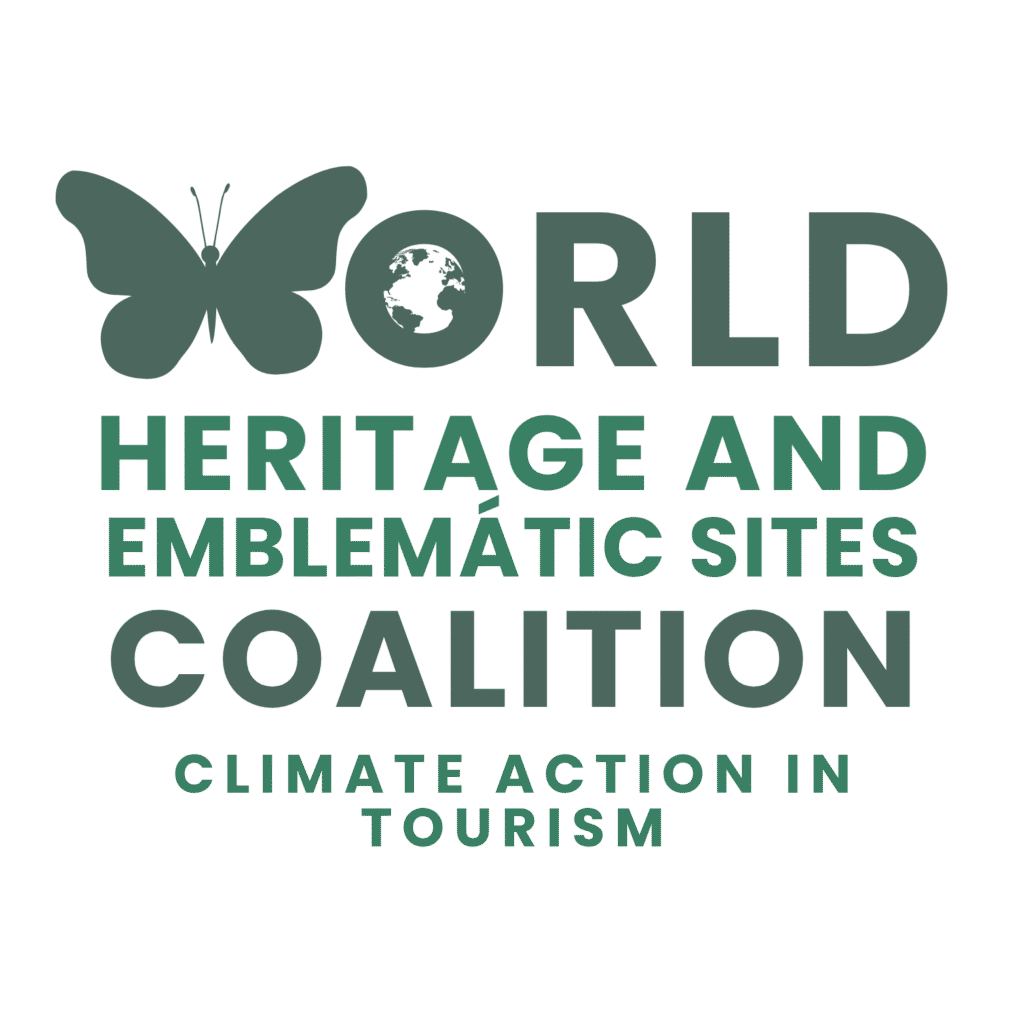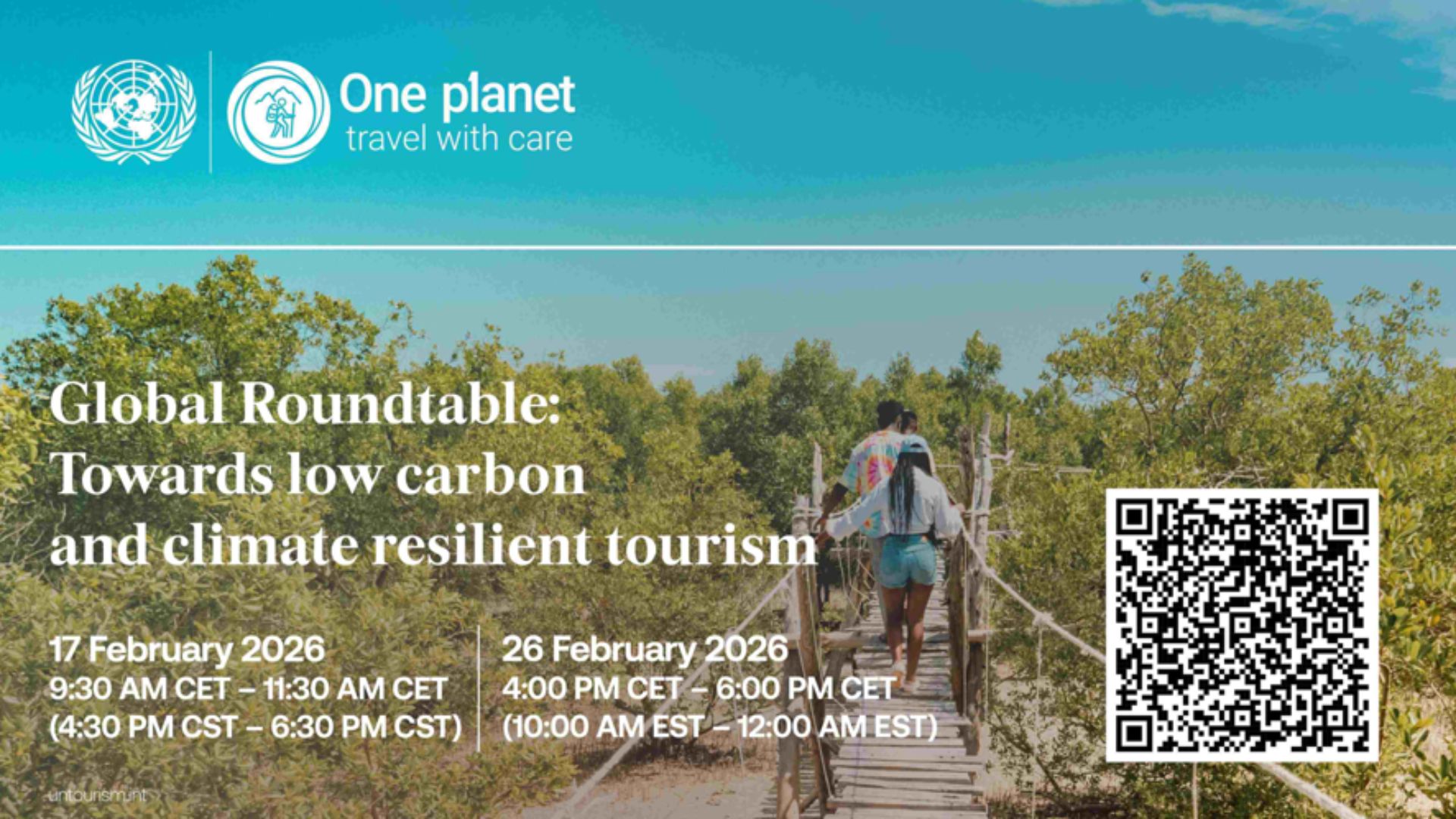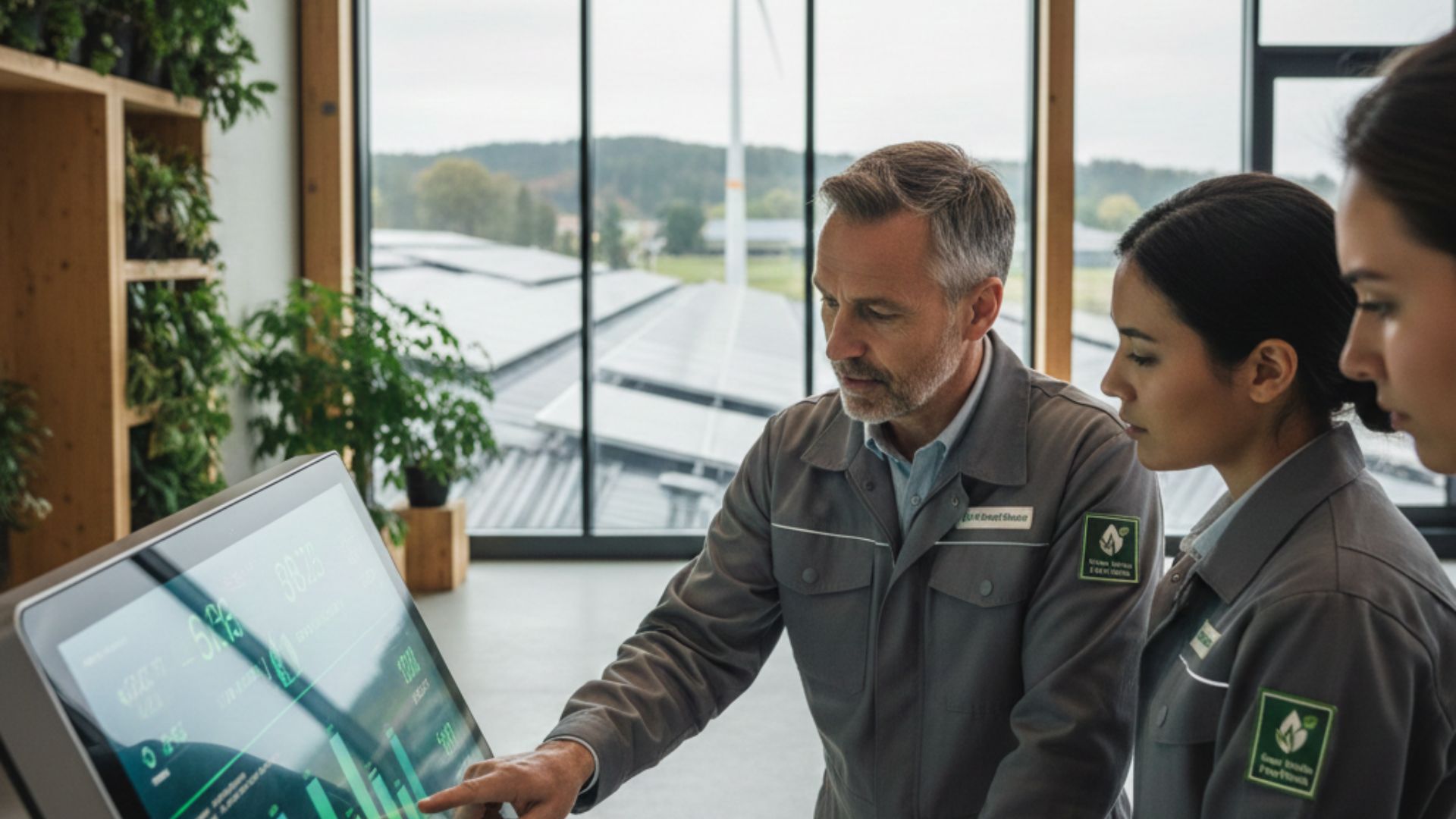The Paris Agreement set an ambitious target: limiting global warming to 1.5°C by 2050. To achieve this, governments, companies, and society must act in coordination — and tourism, responsible for nearly 8% of global greenhouse gas emissions, is a critical part of the equation.
At Green Initiative, we believe climate action goes beyond carbon accounting. It is also about reputation, soft power, and regenerative prosperity. As we often say:
“We translate carbon into reputation, connecting territories to narratives of impact, and building bridges between climate action, trust, and the future.”
The Reputation Economy in action
We live in the era of the Reputation Economy: organizations and territories are evaluated by the trust they inspire, the consistency between discourse and practice, and their ability to generate positive impact. In this context, decarbonization is also a reputational strategy.
Destinations that commit to transparent climate action not only reduce emissions but also earn legitimacy and influence. Reputation is the bridge that connects climate ambition, governance, and long-term competitiveness.
Multilevel Governance as a differentiator & Soft Power
The transition to carbon-neutral destinations requires multilevel governance: aligning local community commitments with national policies, multilateral frameworks, and global investors. This is the foundation of the Climate Action Guide for Tourism Businesses and Destinations, launched by Green Initiative in collaboration with UNEP, UN Tourism, UNCTAD, UNFCCC, and Brazilian partners.
More than a technical tool, the guide is a political instrument: by strengthening collective commitments, it enhances the reputation of destinations and opens access to climate finance.
Bonito, Brazil (MS) became the world’s first ecotourism destination to achieve carbon-neutral certification. Machu Picchu, Peru has also reached this milestone and will reaffirm it in November during the Climate Talks Machu Picchu 2025.
More than a ceremony, the event will serve as a platform to discuss governance, sustainable logistics, and international reputation, showing how tourism can lead in decarbonization.
The reputation challenge in Carbon markets
A recent Nasdaq study stressed the urgency of scaling and ensuring liquidity in carbon markets. For tourism, this means the viability of decarbonization models depends not only on emission reductions but also on credible compensation mechanisms.
The reputation of carbon credits will be the key dividing line between projects that deliver real impact and those at risk of greenwashing. This is why Green Initiative ensures certified, traceable, and internationally recognized credits, aligning tourism destinations with robust governance practices and investor expectations.
November in Machu Picchu: a global milestone
From November 4–6, 2025, Machu Picchu will host the 3rd Carbon Neutral Certification Ceremony, alongside the launch of Peru’s first Carbon Neutral Tourism Corridor, connecting Cusco, Machu Picchu, and Choquequirao.
This moment comes at the right time: while operational challenges highlight the need to enhance visitor experience, the event demonstrates how to move forward with structured responses — combining decarbonization, reliable logistics, and transparent governance.

The World Heritage and Emblemátic Sites Coalition – Climate Action in Tourism will be more than a climate commitment: it will be an invitation to continuous improvement in destination management, balancing preservation, access, and reputation.
Held just days before COP30 in Belém, Brazil, the event will reinforce that cultural and natural heritage sites can lead the global climate agenda, translating soft power into cooperation and regenerative prosperity.
According to UNESCO, climate change is already threatening many of the planet’s most iconic cultural and natural heritage sites. One in six World Heritage properties faces direct risks from climate impacts, while a third of World Heritage cities are located in coastal zones exposed to sea-level rise and extreme weather. By 2050, one third of the glaciers in these sites may disappear, and nearly all coral reefs within World Heritage areas are projected to experience major bleaching events. These alarming figures underscore the urgency of integrating climate governance and sustainable tourism into preservation strategies, ensuring that destinations like Machu Picchu not only safeguard their heritage but also lead global adaptation and mitigation efforts.
Three reputation lessons for tourism destinations
- Transparent governance: predictable processes in contracts, ticketing, and access strengthen trust.
- Sustainable logistics: clean transport and contingency protocols are part of decarbonization.
- Climate + Culture + Experience: preservation, visitor quality, and global climate goals go hand in hand.
By integrating governance, reputation, and climate action, Green Initiative positions itself as a leader in a pioneering movement: turning destinations into ambassadors of the transition toward a climate-positive planet. In November, Machu Picchu will consolidate this model — and in Belém, during COP30, tourism can assert itself as a powerful platform for influence, trust, and sustainable competitiveness.

This article was written by Karla de Melo from the Green Initiative Team.







